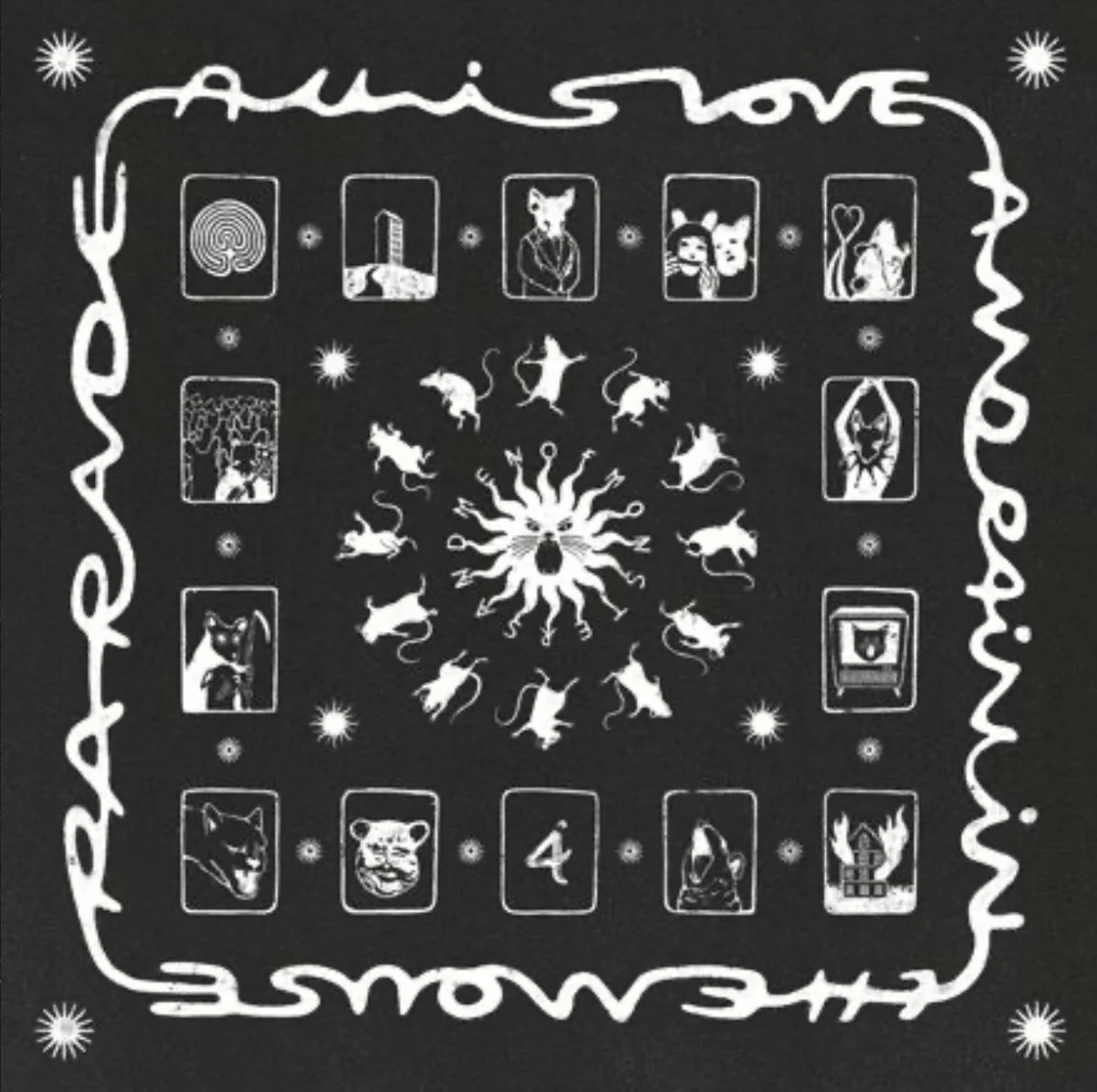ALBUM REVIEW
Sad and Beautiful World
Mavis Staples
In acknowledging the world’s sadness and beauty on this deeply felt album, Mavis Staples somehow finds hope too.
8.0
4 November 2025
Release date: 7 November 2025
Label: ANTI-
MORE THAN MOST, Martin Luther King knew the power of music in times of struggle. In January 1966, he asked to meet Mavis Staples and the other Staple Singers in a Chicago restaurant. Likely surrounded by security and clouds of cigarette smoke, King explained his new initiative to increase job opportunities for African-Americans. Would the Staple Singers be willing to perform at Saturday morning food drives to draw crowds and spread the word? ‘If you do this for me,’ he told founding member Roebuck ‘Pops’ Staples, ‘I will owe you one.’ Pops simply replied: ‘Doctor, you don't ever owe me nothing.’ In little over a year, the campaign helped to generate 2,000 new jobs in the black community.
R&B legend, civil rights campaigner, national treasure, cultural icon: whichever label you prefer, Mavis Staples’ face deserves to be carved into the Mount Rushmore of 20th century Black history. Her status has grown not only out of her work with the likes of Martin Luther King and Jesse Jackson, but also — as part of the Staple Singers — through her leading role in the Stax Records story, alongside Otis Redding and mixed race band Booker T and the MG’s. She sang with Mahalia Jackson at the legendary 1969 Harlem Cultural Festival, the so-called 'Black Woodstock’, and at Wattstax in 1973, a benefit concert to commemorate the anniversary of the Watts riots.
As early as the 1950s, listening to gospel music on AM radio late at night, an adolescent Bob Dylan heard Mavis Staples’ voice, recalling in a 2002 PBS documentary how it made his hair stand up on end. It feels symbolic of her untouchably righteous standing that she turned down the scruffy urchin Dylan’s proposal of marriage in the early 1960s.
“Like Johnny Cash, Mavis is an artist whose covers can make the originals sound like pale facsimiles”
Now aged 86, you can hear all of her extraordinary life in her voice on her 14th studio album, Sad and Beautiful World, a mix of covers and originals. Staples told The Guardian recently that she cried when she first sang ‘Human Mind’ during early sessions, and there is a feeling throughout the album that deeply felt emotion is brimming just below the surface. Producer Brad Cook (Bon Iver, Waxahatchee) clearly understood what he had on his hands and began by setting Staples’ voice in simple arrangements. Constructing the songs outward, he had the help of a stellar cast which included Jeff Tweedy, Bonnie Raitt and Buddy Guy. ‘Human Mind’ builds into a familiar, slightly sleepy Southern soul sound, with a steady horn-led groove, whilst the title track pairs things back, allowing guitars and backing vocals to ghost onto and off the sound stage, leaving Mavis’ voice front and centre. There are occasional, wonderful surprises too, such as the outro to Frank Ocean’s ‘Godspeed’: against a tinkering banjo and jazzy horn, we find an enthralling spoken word piece performed by Youth Poet Laureate Kara Jackson.
Like Johnny Cash, Mavis is an artist whose covers can make the originals sound like pale facsimiles. Staples’ antenna has picked out her trademark feel from one or two unlikely places, like opener ‘Chicago’, from Tom Waits’ Bad As Me. The ferocious and frenetic 2-minute original (falling under Waits’ parodic ‘religious material’) is turned into something at once more real and more hopeful. ‘The seeds are planted here / But they won't grow… / Maybe things will be better in Chicago.’ These lines, when sung by Staples, bring to mind The Great Migration of African-Americans from the South to Midwestern and Northern cities like Chicago, gifting the song new historical resonance. Leonard Cohen’s ‘Anthem’ — with its gospel-style backing vocals and Zen Buddhist overtones — is a slightly more obvious choice, notwithstanding the song’s strain of resigned cynicism: ‘Ah, the wars they will be fought again / The holy dove, she will be caught again’. Yet here too Staples transforms these words, expressing deeply felt empathy towards a world caught in hopeless cycles, where Cohen simply shrugged.
If there is a criticism, it is that the more topical material — especially in the context of this dark historical moment — slightly overpowers the more personal songs. But then as the album reminds us, we should be grateful for what we have. Martin Luther King knew the power of music in times of struggle; and he understood the power of Mavis Staples. This album might not make any tangible changes to the world, unlike Staples’ civil rights work, but in acknowledging its sadness, she somehow finds hope too. This album couldn't be more timely.
© 2025 State of Sound. All Rights Reserved
MORE ON LEGACY ARTISTS
ESSAY
by David Rea
1 September 2025
OPINION
by David Rea
25 October 2025
MORE REVIEWS
ALBUM OF THE MONTH
Words: David Rea
4 October 2025
STANDOUT NEW ALBUM
Words: David Rea
3 September 2025






